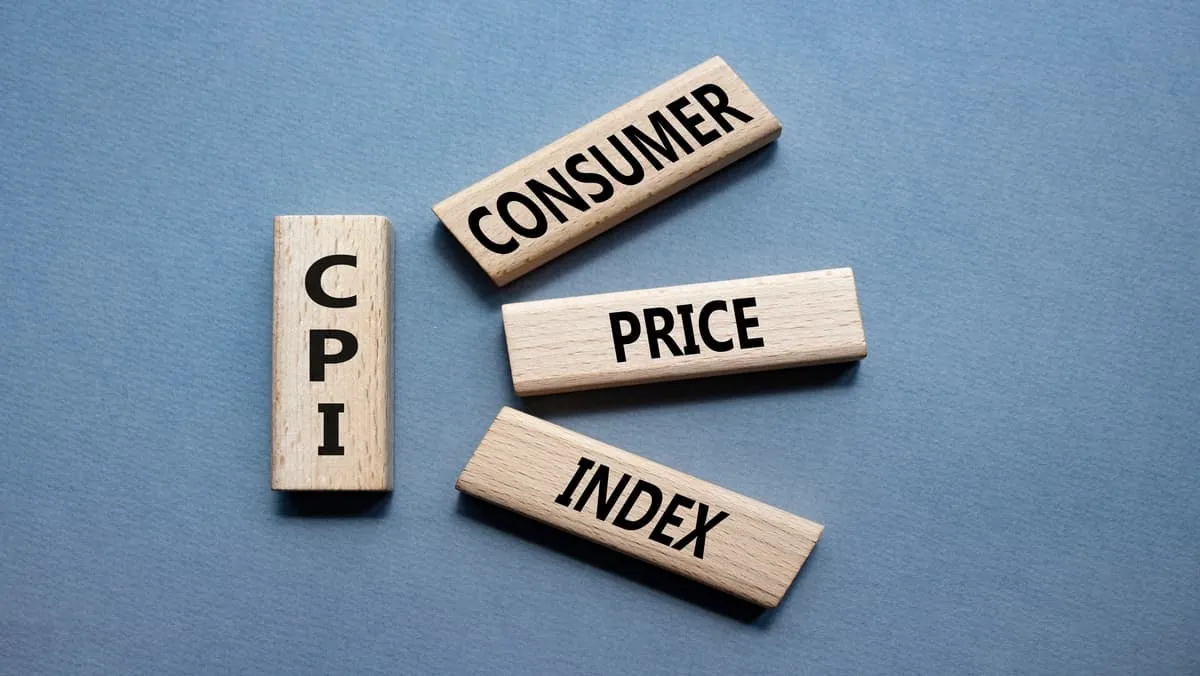www.markets-vietnam.com/vc/ தளமானது Finalto International Limited ஆல் இயக்கப்படுகிறது. இது சர்வதேச வணிக நிறுவனங்கள் (திருத்தம் மற்றும் ஒருங்கிணைப்பு) சட்டம், செயின்ட் வின்சென்ட் மற்றும் கிரெனடைன்ஸ், 2009 திருத்தப்பட்ட சட்டங்களின் அத்தியாயம் 149 என்பதின் கீழ் வணிக நிறுவனமாக அங்கீகரிக்கப்பட்டுள்ளது. இதன் பதிவு எண் 27030 BC2023. Finalto International Limited நிறுவனமானது Suite 310, Griffith Corporate Center, Beachmont, Kingstone, St. Vincent and the Grenadines இடத்தில் அமைந்துள்ளது.
ஆபத்து எச்சரிக்கை: அந்நிய செலாவணி (ஃபோரக்ஸ்) மற்றும் வேறுபாடுக்கான ஒப்பந்தங்களில் (CFD) டிரேடிங் செய்வது அனைத்து முதலீட்டாளருக்கும் ஏற்றதல்ல. Markets.com வழங்கும் அந்நியச் செலாவணி/CFDகளில் வர்த்தகம் செய்ய முடிவெடுப்பதற்குமுன், உங்கள் நோக்கங்கள், நிதி நிலைமை, தேவைகள் மற்றும் அனுபவ அளவு ஆகியவற்றைக் கவனமாகப் பரிசீலித்து, உங்கள் தனிப்பட்ட துறைசார் நிபுணரின் ஆலோசனையைப் பெற வேண்டும். விதிமுறைகள் மற்றும் நிபந்தனைகளை முழுமையாகப் படிக்கவும். தனியுரிமை மற்றும் தரவு பாதுகாப்பு தொடர்பான புகார்களுக்கு, privacy@markets.com இல் எங்களைத் தொடர்பு கொள்ளவும். தனிப்பட்ட தரவைக் கையாள்வது பற்றிய கூடுதல் தகவலுக்கு, எங்கள் தனியுரிமைக் கொள்கையை வாசிக்கவும்.
Markets.com பின்வரும் துணை நிறுவனங்கள் மூலம் செயல்படுகிறது:
Markets.com ஆனது Safecap இன்வெஸ்ட்மென்ட்ஸ் லிமிடெட் மூலம் இயக்கப்படுகிறது, இது உரிம எண் 092/08 கீழ் சைப்ரஸ் செக்யூரிட்டீஸ் மற்றும் எக்ஸ்சேஞ்ச் கமிஷன் (Cyprus Securities and Exchange Commission) (CySEC) மூலம் அதன் செயல்பாடுகளை நடத்துவதற்கு அங்கீகரிக்கப்பட்ட ஒரு ஒழுங்குபடுத்தப்பட்ட முதலீட்டுச் சேவை நிறுவனமாகும். Safecap ஆனது சைப்ரஸ் குடியரசில் நிறுவன எண் ΗΕ186196 என்ற நிறுவன எண்ணின் அடிப்படையில் இணைக்கப்பட்டுள்ளது.
Finalto (தென்னாப்பிரிக்கா) பிரைவேட் லிமிடெட் ஆனது உரிம எண் 46860 இன் கீழ் நிதித் துறை நடத்தை ஆணையத்தால் ("FSCA") கட்டுப்படுத்தப்படுகிறது. மேலும் 2012 ஆம் ஆண்டின் நிதிச் சந்தைகள் சட்ட எண் 19 இன் படி, ஒரு ஓவர்-தி-கவுண்டர் டெரிவேடிவ்ஸ் புரவைடராகச் ("ODP") செயல்பட உரிமம் பெற்றுள்ளது.









